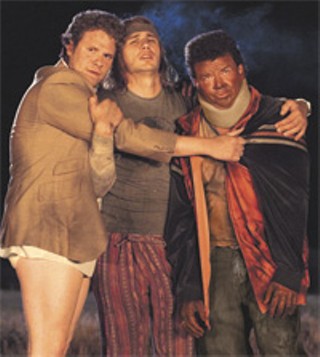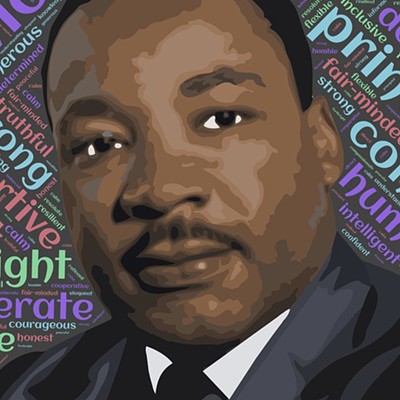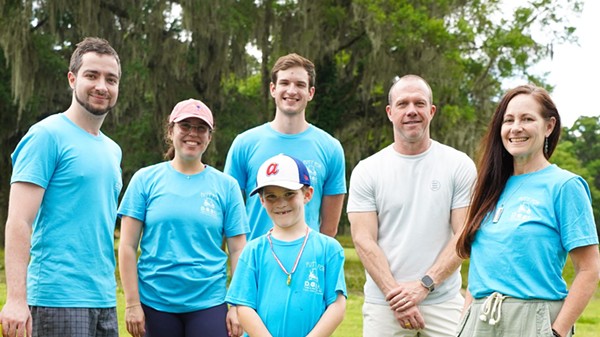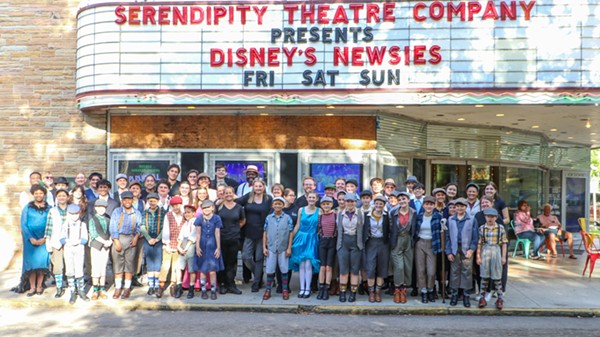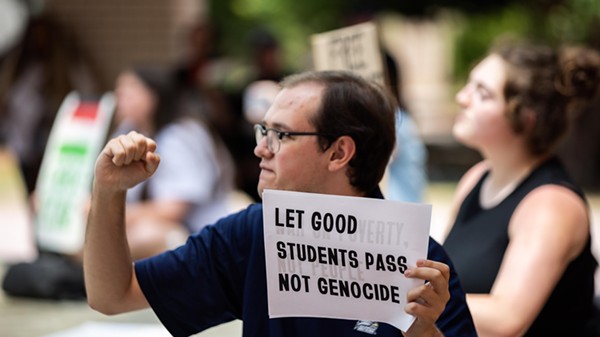Pineapple Express
It’s been a roller coaster year for Judd Apatow, who as producer seems to have had a hand in practically every 2008 comedy not starring Mike Myers or Eddie Murphy. The lamentable Drillbit Taylor was quickly followed by the bright Forgetting Sarah Marshall, and now the mediocre Step Brothers has moved aside for the rollicking Pineapple Express. Pineapple Express doesn’t benefit from the polished characterizations or heartfelt scenarios of Apatow’s big hits The 40-Year-Old Virgin and Knocked Up, but as far as crude, rambling, shaggy-dog comedies go, this one’s better than most of the modern-day crop. Here we have process server Dale Denton (Seth Rogen) and drug dealer Saul Silver (James Franco); they’re forced to take it on the lam after Dale witnesses a drug lord (Gary Cole) and a crooked cop (Rosie Perez) commit cold-blooded murder and the killers are able to trace the rare pot (“Pineapple Express”) that Dale leaves at the crime scene back to the eternally fried Saul. Pineapple Express boasts a pair of major surprises. The first is that instead of turning to a regular member of his troupe to direct the picture, Apatow chose David Gordon Green, known for micro-budgeted indie films (All the Real Girls, George Washington). The second is that Franco, generally the blandest of pretty boys, succeeds in his change-of-pace role as a long-haired stoner who has trouble understanding the words that anyone speaks to him (when Dale tells him he’s a process server, Saul replies, “You’re a servant? Like a butler? You shine shoes?”). Not surprising in the least is that Rogen again scores in his role as a disheveled slacker with a way with words.
Swing Vote
There’s a terrific segment in the middle of Swing Vote in which the two men running for U.S. president, the Republican incumbent Andrew Boone (Kelsey Grammer) and the Democratic challenger Donald Greenleaf (Dennis Hopper), are persuaded by their campaign managers (played by Stanley Tucci and Nathan Lane, respectively) to do anything to win the favor of Texico, N.M., resident Bud Johnson (Kevin Costner), whose single vote will decide the outcome of this election. So when Bud lets it be known that he doesn’t care what people do in the privacy of their own homes, even homosexuals, the right-wing Boone is forced to appear in an ad in which, surrounded by members of the gay community, he cheerfully embraces diversity. And when a comment by Bud is misunderstood to mean that he harbors ill will toward Mexican laborers, the left-wing Greenleaf reluctantly films a TV spot in which he rails against illegal immigrants, even as real immigrants hired as extras run across the set behind him. These bits (as well as a couple of others) are funny, biting and provocative, and they demonstrate that Swing Vote had an opportunity to emerge as a scathing political satire (e.g. Warren Beatty’s excellent Bulworth) rather than a timid political comedy (e.g. Robin Williams’ execrable Man of the Year). Sadly, Swing Vote largely fails to capitalize. The central thrust of the movie isn’t the election as much as it’s the familial bonding between Bud and his daughter Molly (Madeline Carroll). That’s all good and sweet -- and Costner delivers a fine performance as a man whose love for his child eventually rejuvenates him -- but we see that type of sentimental film just about on a monthly basis. We’re here for the hard truths about American politics, but this movie shies away from them every chance it gets.

